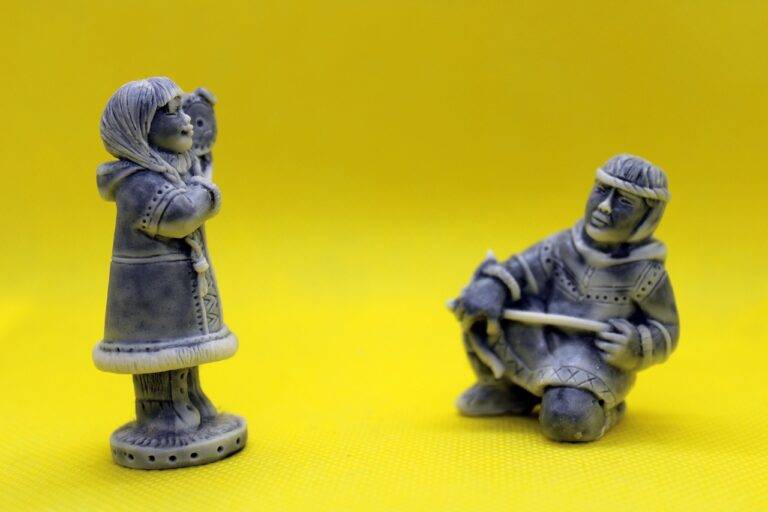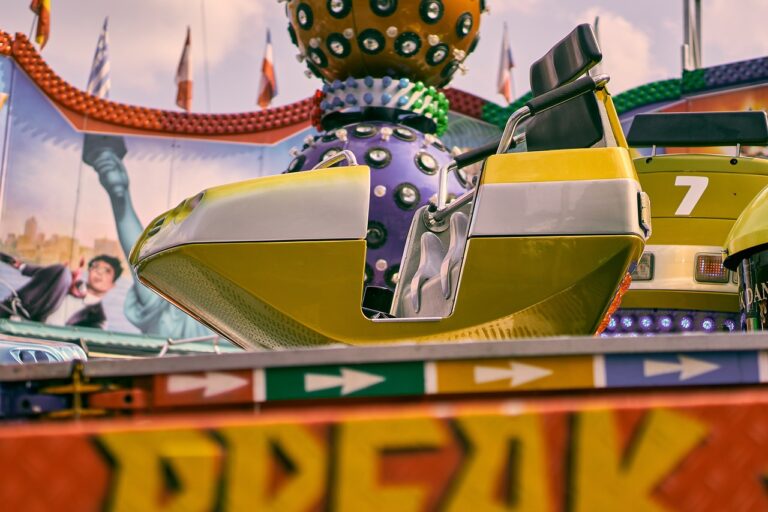The Psychology of Nostalgia in Entertainment: Why We Crave the Past
Nostalgia is a powerful emotion that can transport individuals back to past experiences, evoking feelings of longing and sentimentality. It is often triggered by familiar scents, sounds, or visuals that remind individuals of a specific time or place in their lives. Nostalgia can bring a sense of comfort and warmth as people reflect on cherished memories and moments from the past.
Additionally, nostalgia can serve as a coping mechanism during times of stress or uncertainty, providing a sense of stability and continuity in one’s life. By reminiscing about positive experiences from the past, individuals can find solace and reassurance in knowing that they have overcome challenges before and can do so again. Embracing nostalgia can also foster connections with others, as shared reminiscences can strengthen bonds and create a sense of community and belonging.
The Role of Memory in Nostalgia
Nostalgia often intertwines with the memories we hold dear. Memories act as the threads that weave the fabric of nostalgia, creating a tapestry of emotions and experiences from our past. When we recall specific memories, whether they evoke joy or sadness, they have the power to transport us back to moments that hold significant meaning in our lives.
Our memory function plays a crucial role in shaping our nostalgic experiences. The vividness or haziness of our recollections can influence the intensity of the emotions nostalgia elicits. As we reminisce about events, people, or places from our past, our memory filters and reconstructs these fragments into a coherent narrative that defines our sense of nostalgia. The intertwining of memory and nostalgia highlights the intricate ways in which our past influences our present sentiments and perceptions.
What is nostalgia?
Nostalgia is a sentimental longing or affection for the past, typically for a period or place with happy personal associations.
How does memory play a role in nostalgia?
Memory is a crucial component of nostalgia as it involves recalling past experiences, emotions, and events that bring about feelings of nostalgia.
Why do certain memories evoke feelings of nostalgia?
Certain memories evoke feelings of nostalgia because they are often associated with positive emotions, significant life events, or meaningful relationships from the past.
Can nostalgia be triggered by sensory experiences?
Yes, nostalgia can be triggered by sensory experiences such as a familiar smell, taste, sound, or sight that reminds an individual of a past memory.
Is nostalgia always a positive emotion?
While nostalgia is often associated with positive emotions, it can also evoke feelings of sadness, longing, or yearning for the past that may not always be entirely positive.
How can nostalgia impact our mental well-being?
Nostalgia can have both positive and negative effects on mental well-being. It can provide comfort, happiness, and a sense of continuity, but it can also lead to feelings of sadness or dissatisfaction with the present.
Is it healthy to indulge in feelings of nostalgia?
In moderation, indulging in feelings of nostalgia can be healthy as it can provide a sense of connection to one’s past and help create a stronger sense of identity and self-continuity.





